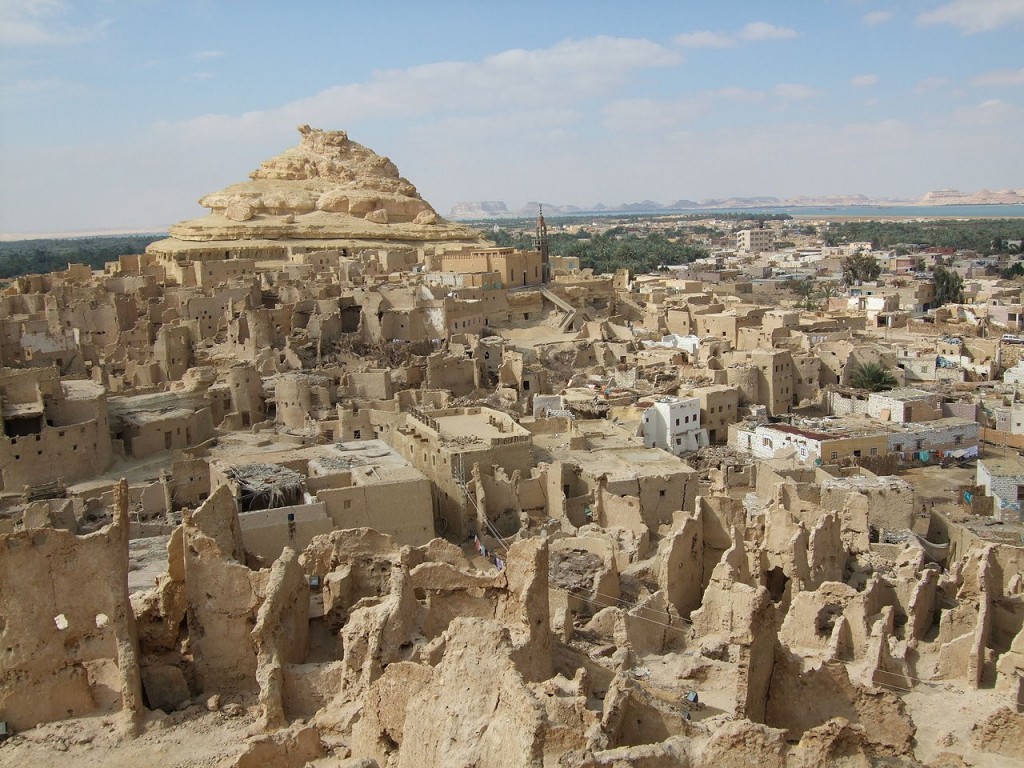Burning Library: Apion’s Writings January 7, 2015
Author: Beach Combing | in : Ancient , trackbackBeach has sometimes in the past celebrated burning libraries, books (and for the multimedia age films) which we know once existed but that have long since disappeared into the dusty maws of time. An impressive burning library author to add to the growing file is Apion Plistonices, impressive because Apion managed to lose not a single book but his entire corpus, not one of which has come down to us. Apion’s biography is confusing and contradictory, not least because he is never allowed to speak for himself. However, he was apparently the classic backwoodsman from the Empire. He was born in Siwa Oasis in southern Egypt (pictured), about as provincial as you could get, but then studied in Rome, where he encountered Pliny, and later became head of the library at Alexandria, an impressive cursus honorum for a sand boy. He was later chosen by Alexandria to represent the city to Caligula after riots between the Jewish and Greek quarters: Apion there began his slander against ‘Moses’ Children’, some phrases from which echo down to the modern day. These works include Aegyptiacorum (‘Egpytian Affairs’: the original source for Androcles and the Lion), Against the Jews (or some such title, which Josephus answered furiously in a surviving work), the tedious sounding Homeric Glosses (that caused Seneca to turn up his nose), Concerning the Latin Language (from which one etymology survives), History by Nation (which might have had marvellous details about far fetched African peoples), On the Mage (about sorcery?) and an essay on the ‘Luxoriousness’ of Apicius. His reputation in antiquity was mixed. He impressed and intimidated his contemporaries for the most part: pace Seneca. The Emperor Tiberius, though, hints at a darker side when he calling the young Apion, the World’s Gong, which has usually been taken to mean that Apion created controversy and noise everywhere he went. Within a generation of his death writers were queuing up to slander him as a liar and an exaggerator. He is a nice example of an author whose reputation plummeted post mortem. And what book should we most mourn the passing of? Beach would put in an order for the Aegyptiacorum at the library of lost things. From a number of authors who quote this work we learn of the most marvellous matters including: a plant that kills you if you pull it up, the immortality of the ibis, something about the dung beetle rolling dung being like the sun rolling across the sky (from Egyptian mythology?) and it might be in this book that he writes that deer have four kidneys. It is here, in any case, that Apion put his most curious passage: the one where he claimed to have called up the spirit of Homer to make philological inquiries… Memories of more recent classical scholars. Anything else on Apion or other missing book from antiquity, the middle ages or more modern times: drbeachcombing AT yahoo DOT com



